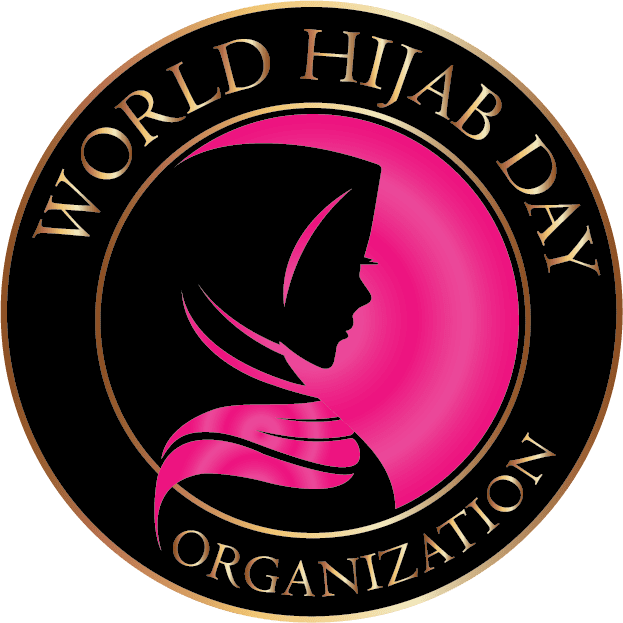By Alina Smutko
I don’t want to say you that hijab is “my crown” or my beauty, femininity, humility whatever. However, I have to say that the hijab is my right. Quite real, enshrined in Art. 35 of the Constitution of Ukraine, which guarantees me freedom of religion.
I also want to say that my hijab is my choice, not my husband’s or my father’s or my brother’s or the imam’s of the local mosque. It was my decision. And I don’t care what the far-right or far-left or atheists or agnostics or anyone thinks about this. I decided for myself how and how much of my body will be shown in public space, and how much – no. And I don’t want to hear other “secular” fighters who want to “undress” everyone for the sake of dubious equality (considering the hijab a symbol of oppression) or religious extremists who successfully disguise themselves as “brothers” and “sisters” and wish me (and other Muslim women) to burn in Hell for an open millimeter of my chin. My hijab is only between me and Allah.
For some sisters, the hijab is not just about religion, but also about self-identification, family, ethnic tradition, or about comfort. Therefore, you should not label the woman you see in a headscarf; you have no idea what is in her head and what her life is like.
I can’t complain about the harassment given my appearance. I even have the right to make a passport where I will be pictured in a headscarf, but for the last three years having my hijab on, I have been harassed and insulted just on the street, sent to the “homeland”; hundreds of times was asked why “married an Arab” and threatened several times. However, I was not denied a job, I was not denied medical or educational services, my child is not treated in the wrong way in kindergarten or clinic. But not everyone is so lucky. And it should not be so.
And now I want to remind Ukrainian Muslim women that we should look for what we have in common, not what is different.



